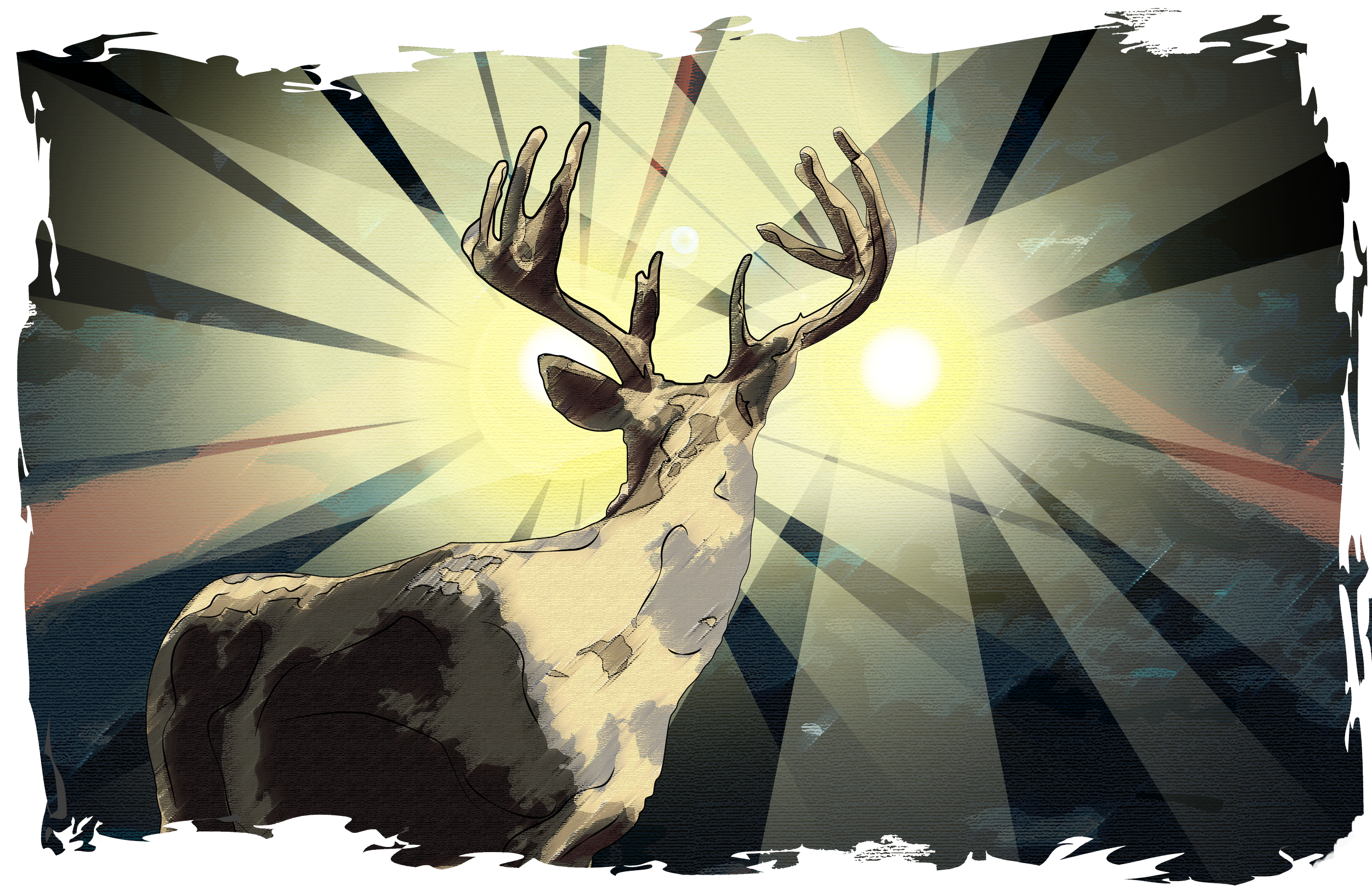Confessions of a Nixie
Like Mother said they’d be, every man, woman, and child I’ve ever met was rotten like a mealy apple hosting worms. To my keen gaze, the darkness lurking within them shimmered iridescent in their eyes like fish scales catching the light. They wander down by the river, never merely foraging or fishing, always stealing from passersby or burying secrets in the reeds: a pocket watch, a ring, even once a man. More than once, a baby.
My first was the man who lived with my mother and me when I was a child. At least that week he was. He appeared and disappeared from our lives, like a weed that sprouts back even after you’ve ripped it from the soil. I hated when he showed up, his breath hot and acrid from the pub, the foul bastard itching to kick her around while she scrubbed the floor. When he was around, I spent my nights down in the creekbed, curled up along the bank, the reeds drowning my mother’s cries from the house.
One morning, I spent an hour hunting crayfish for breakfast. I stood barefoot, my feet anchored fast to the rocks as they scuttled beneath the water, when my mother’s voice came sharp and pleading like a goat’s. I ran toward the house, ignoring the nettle burning at my legs as I trampled through it.
I stood in the doorway, my hemline wet, dripping water to the dusty wooden floor, as he stood with a knife raised over my mother. She looked at me, terror distorting her face. I couldn’t tell if she was more scared of dying or of me watching her die.
I must have screamed, because when I opened my eyes, my throat was raw as though I had eaten salt and rocks, grinding them in my gullet like a bird. But I am no little bird.
The knife clattered to the floor, and there was my mother, alone, no man standing over her. And next to the knife, a fish flopped, its gills frantically gasping for the water collecting at my feet.
My mother poked at the fish and recoiled quickly, expecting a slap from its fin. When it stopped moving, save for one gill slowly pulsing as its eyes rolled about, she picked up the knife and the fish and began scaling it. Sparkling jewels rained down to the floor, mixing with her salty tears and my muddy feet. We never spoke of him again.
Soon, she withered like an overripe tomato, the weight of her life cracking her open. I spent more time in the water then. My skin began to silver, and my feet grew slender like eels. I returned each morning, bringing her fish for the skillet or a fine stew, until one day she was gone. I stood at her bedroom door, water collecting beneath me, and stared at her still body, waiting for her chest to heave, an eyelid to flutter. But there was nothing. I dropped the fish to the floor and slunk back to the river with her body. There I folded myself into the mud with her, a child burrowing into her mother’s lap, and here I remain, only waking at the smell of something rotten rummaging in my reeds.





